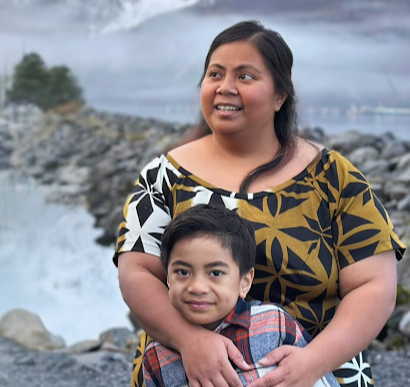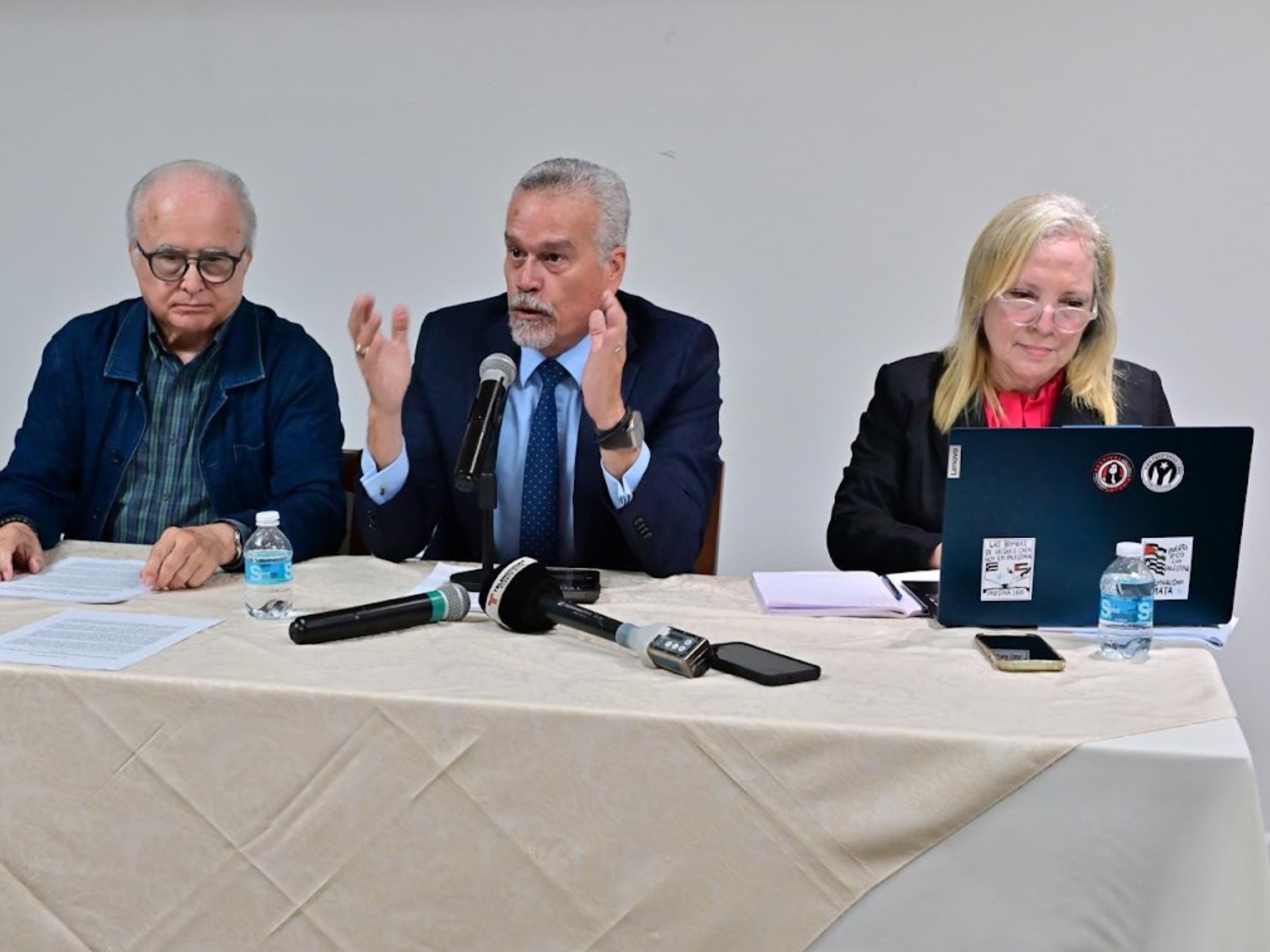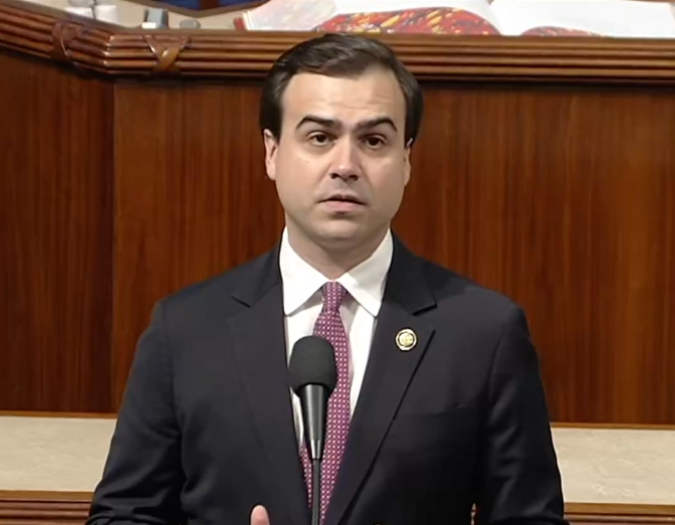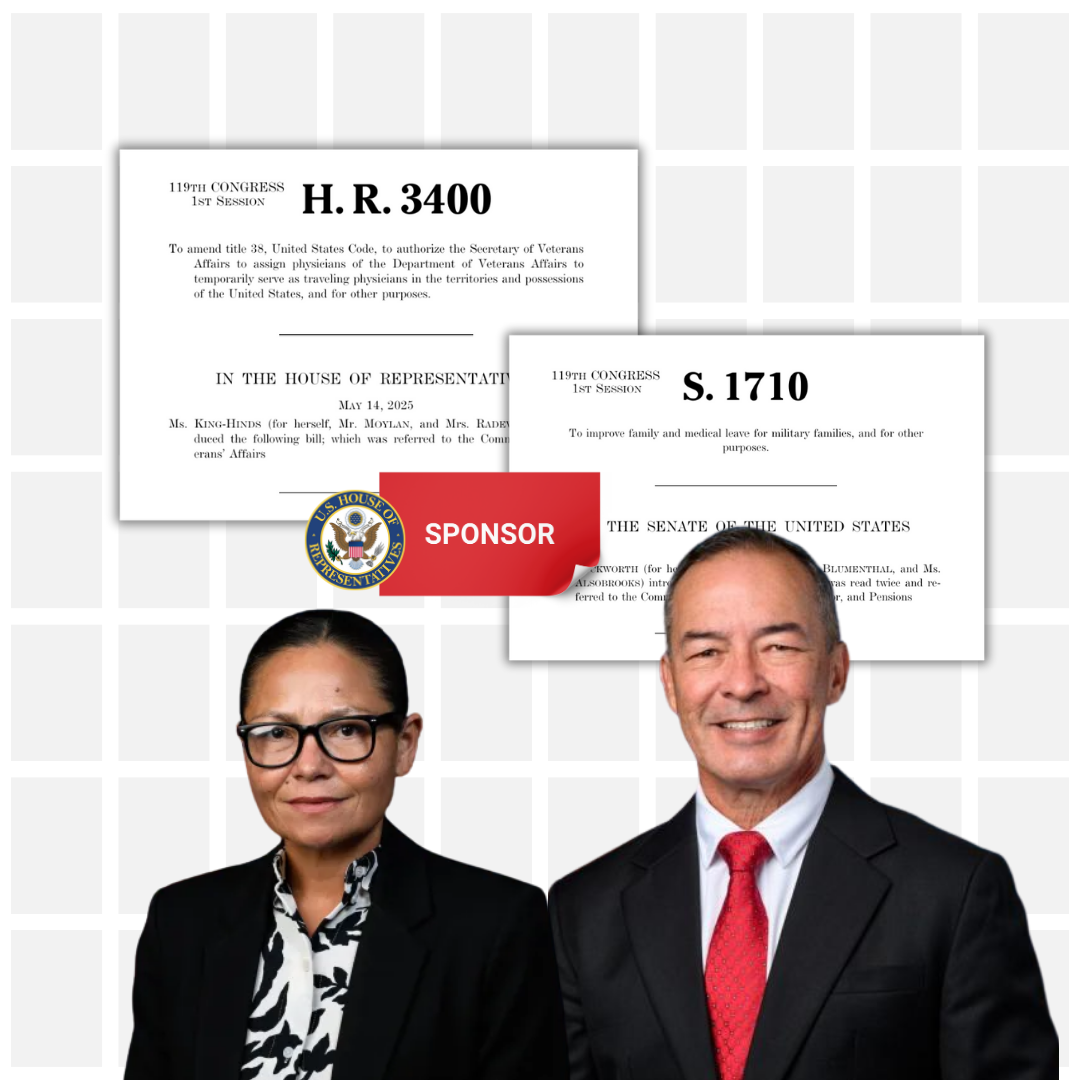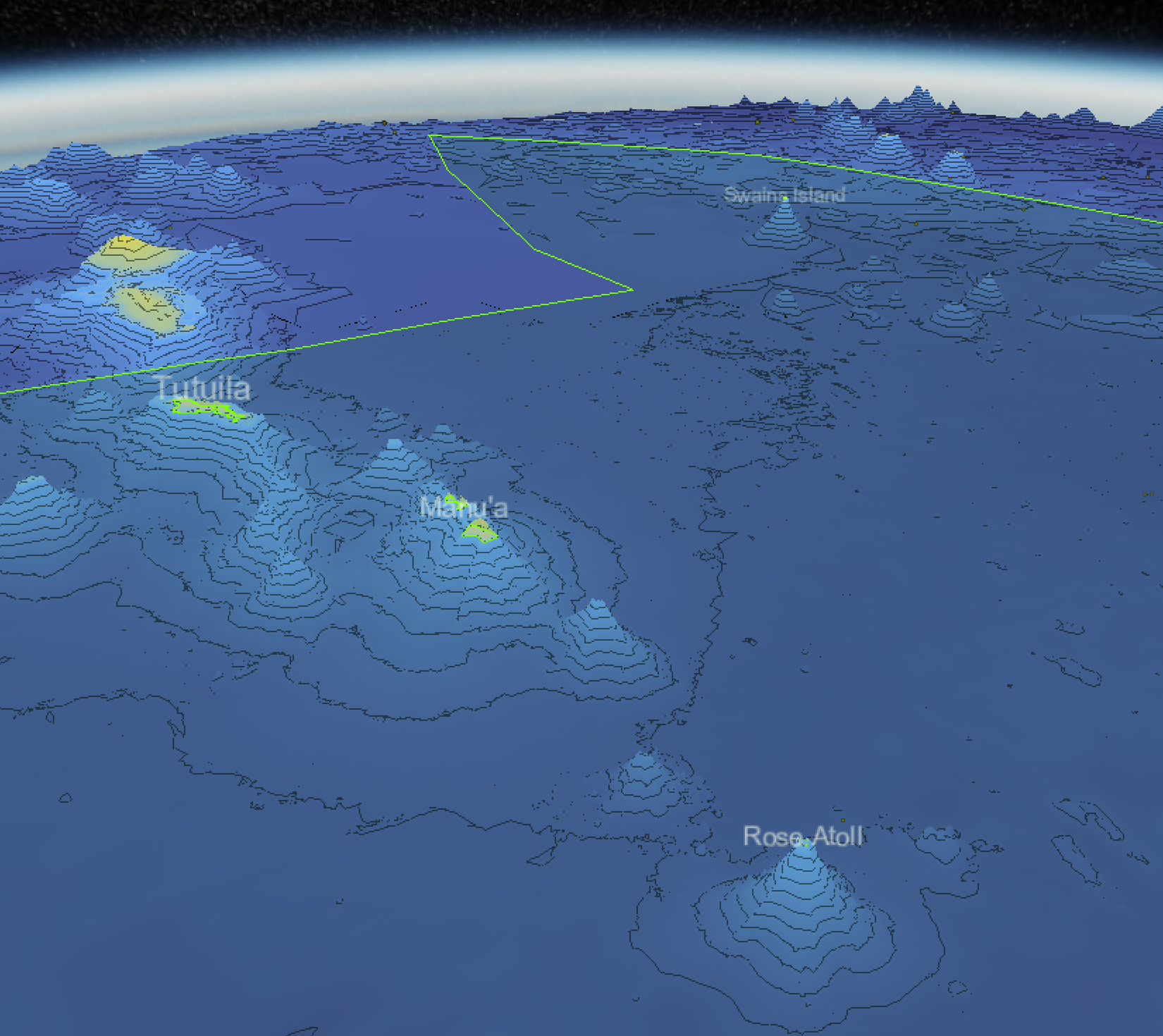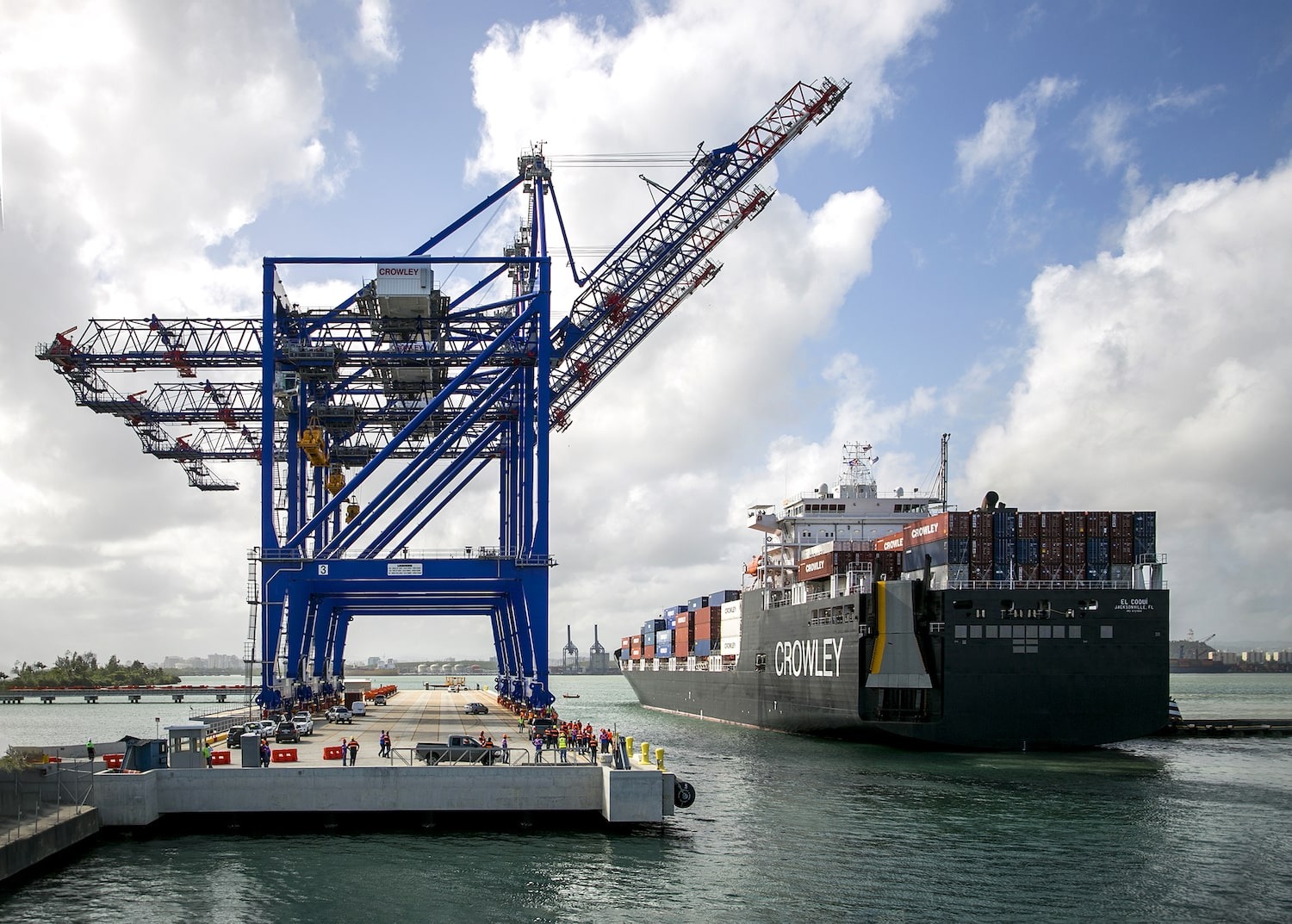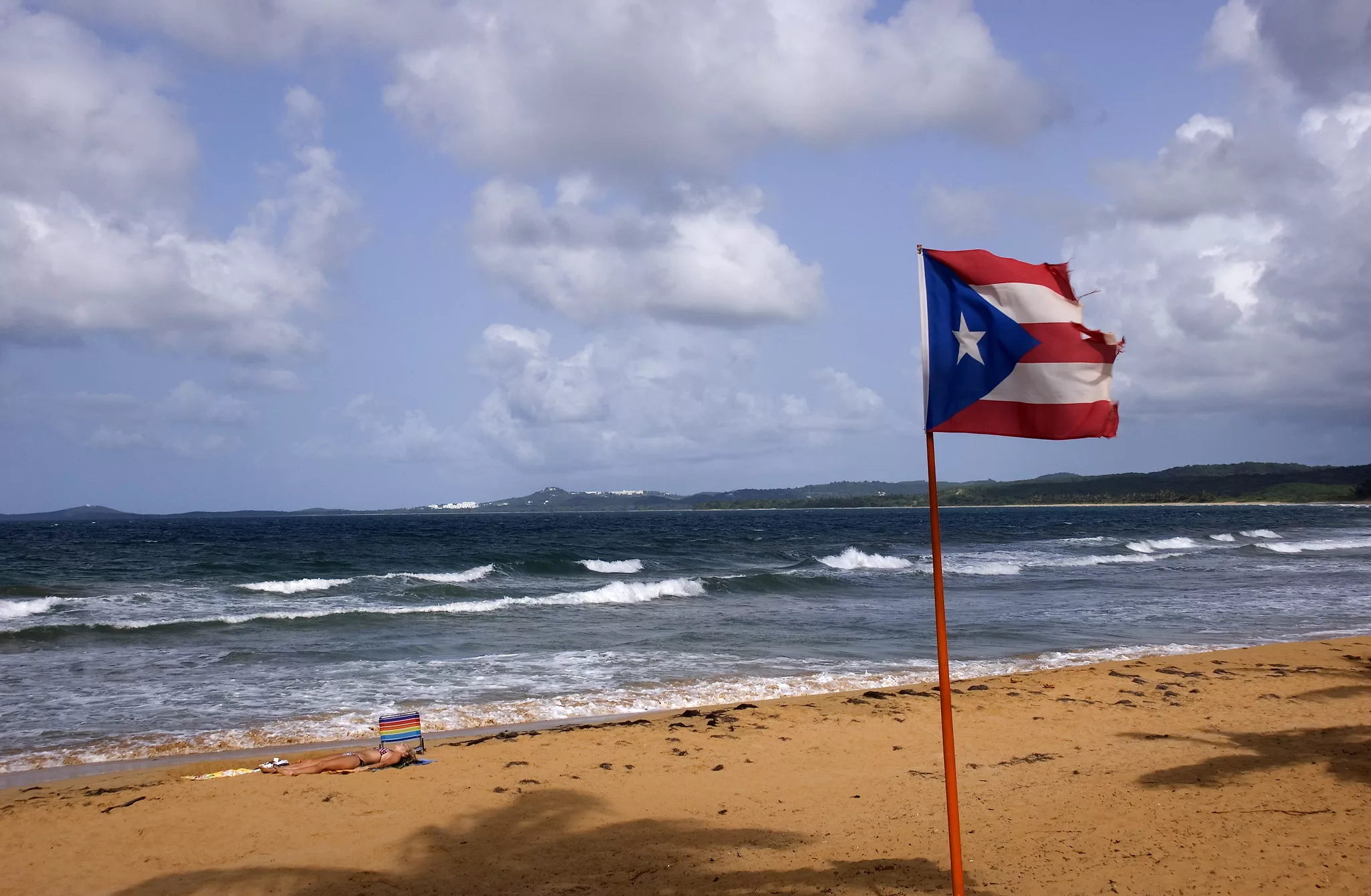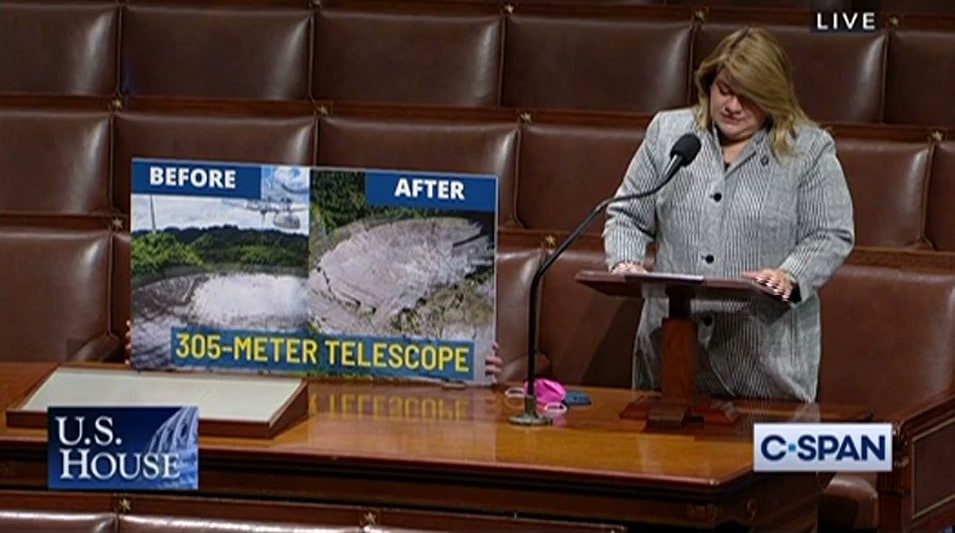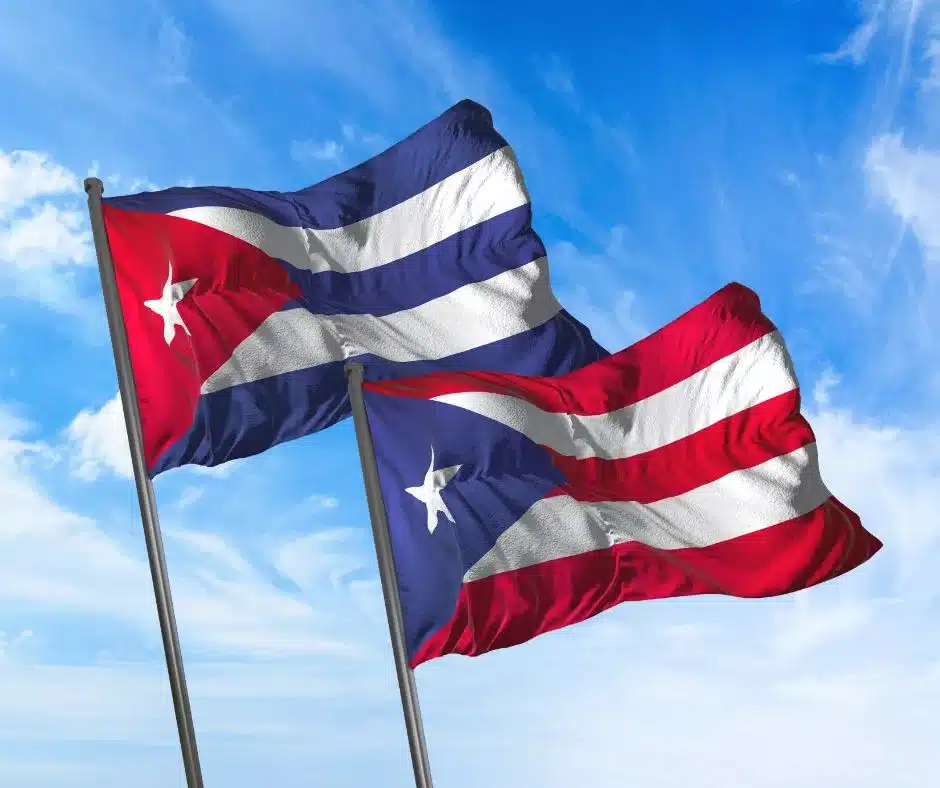Two months later, Maria taking a psychological toll on Puerto Ricans
It’s now been almost three months since Hurricane Maria hit Puerto Rico. The archipelago is still trying to rebuild the physical damage left by the hurricane. Remote villages are still without power and, even the places that have power, have no guarantee that it won’t suddenly go out. Though water is mostly available, it isn’t clean, and has increased the cases of leptospirosis. There’s still limited cell service, which also means ATMs may not work. The disruption of daily life may create another crisis that is harder to spot.
Research has been done on the impact hurricanes have on mental health. The topic became especially prevalent after Hurricane Katrina. Symptoms of mental health disorders may seem normal during the initial phase after a hurricane. They include anxiety, sadness, and difficulty sleeping. These symptoms may be temporary and a normal reaction towards a natural disaster.
Yet, there are those whose symptoms persist, and, who may be diagnosed with either Acute Stress Disorder or Post-Traumatic Stress Disorder. Both disorders have similar symptoms, especially when reliving traumatic events. They differ, however, in how long they persist, with PTSD lasting longer.
Before Hurricane Maria, Puerto Rico was having a health care crisis with doctors and nurses leaving the island, and the numbers of primary care facilities decreasing. Its Medicare program was under threat of having its budget cut, and Medicaid had a shortage of available funds. The ongoing economic crisis only added to the stress of daily life in Puerto Rico. Post-Hurricane Maria, all of these elements could cause a significant number of Puerto Ricans to develop some type of mental health disorder.
A study found that those in the low socioeconomic bracket are more at risk of developing mental health issues after a hurricane. In 2012, Puerto Rico had a poverty rate of 45%. That’s twice the level of the poorest state in the mainland US, Mississippi. The economic crisis in Puerto Rico was already affecting residents (and their mental health). Still, coping mechanisms were available that could help, even temporarily, relieve stress and anxiety, such as going to the beach or the movies. In an NPR interview, a psychology teacher mentioned how many of these mechanisms have been harder to access now, and, that the longer these remain unavailable the harder it will be for residents to cope with the effects of the hurricane.
The lack of electricity and cellphone signal are part of this effect as well. They make residents more isolated, incapable of securing their food, and it makes household chores harder to do. TIME’s reported on how Puerto Rico can look at Hurricane Sandy’s impact on New York, and Hurricane Katrina on New Orleans, as examples of how mental health can take its toll on people after traumatic events. This is especially true if recovery efforts take more time than expected. “The longer the power outage continued —Manhattan largely recovered in five days and Nassau County was without power for about two weeks— the greater the increase in emergency room visits.” The Linea Pas of the Administration of Health Services and Against Addiction received a higher number of phone calls after the hurricane and Puerto Rico has been without electricity for nearly three months and is expected to go longer without it.
Because rebuilding has become a slow process, there is still a chance that the symptoms of post traumatic stress may continue to affect certain individuals, and, that some people will go undiagnosed. The usual time that PTSD takes to develop is a month after the traumatic event. Rural areas in the archipelago are still struggling with water, electricity, and cellular signal. They are still isolated from family members and friends. Many have lost their jobs due to the hurricane. Young children have been relocated, and face stress because schools are unable to open on time, or at all. It’s been found that unemployment and displacement increase the chances of PTSD in adults and children. A study found that some children who were relocated, and did not return to their previous homes, were more likely to develop symptoms of Post-Traumatic Stress.
As climate change makes hurricanes become more frequent and more powerful, Puerto Rico must include mental health in their disaster preparations. One way to help hurricane victims cope with anxiety and stress is to make sure that they have easy access to basic necessities, which helps them feel a a sense of security. Social workers and health professionals tend to make their services available for victims by frequently visiting shelters, especially in the early weeks of the aftermath. Anyone who spots symptoms of PTSD or Acute Stress should seek professional help.
1-800-981-0023 Linea Pas is available 24 hours 7 days a week.

